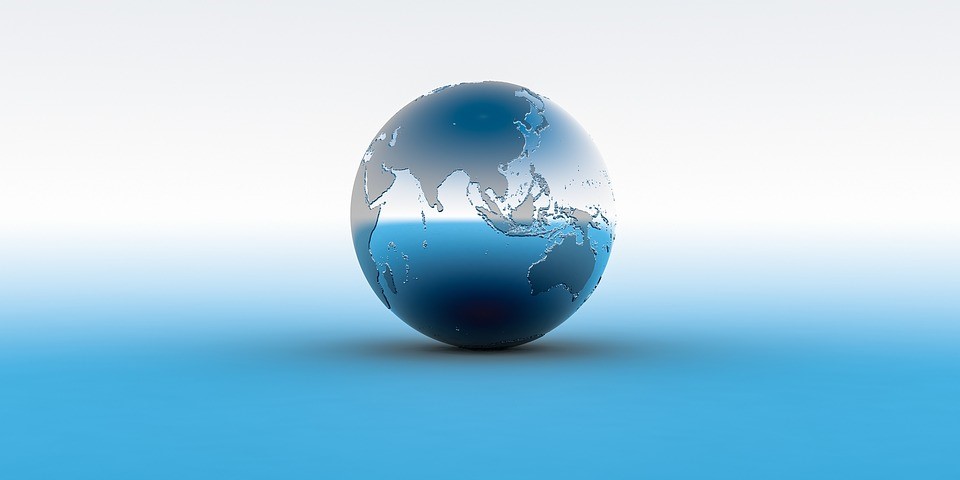China has two major historical scores to settle, yet the Western media only mentions one of its potential Asian adversaries — the island nation of Taiwan. At its closest point Taiwan is 80 miles off the coast of the mainland and may be the site of the next great power conflict. But China also shares 14 land boundaries and more than 8 other maritime ones. The most overlooked of these is Vietnam, which shares an 806-mile border on China’s south. Today, Japan, India, and several Western nations are making diplomatic and security overtures to Vietnam. The historical roots of the bloody Sino-Vietnamese conflict run deep and are not forgotten in Hanoi. Miles Maochun Yu, of the Hoover Institution, says that the Chinese Communist Party (CCP) had “launched no fewer than six military actions against Vietnam, ranging from a full-scale invasion and naval battles… to sustained and repeated wars of attrition that involved several millions of salvos throughout the entirety of the 1980s.”
By the time Chinese President Xi Jinping assumed power in 2012, the conflicted relationship was again strained. This time the problem was Beijing’s aggressive behavior in the South China Sea and its attempt to secure underwater resources, including oil and natural gas, that are internationally recognized as belonging to Vietnam. Yu points out that Vietnam, unlike other countries in the region, is uniquely positioned to take on China with a strong and discipled resistance. China has not forgotten the sting of its 1979 border war loss with its small southern neighbor. In many cases Vietnamese troops, who knew the jungle territory well, simply waited until Chinese troops left their hilltop cement fortifications and then took the over the location and slaughtered Chinese troops returning from patrol.
President Xi and the CCP leadership remain uncertain how to address the belligerent communist state that Beijing believes ought to be grateful to China. Vietnam has turned increasingly to the West in recent years. Earlier this month, the southeast Asian country received Japan’s Defense Minister, Nobuo Kishi, in a visit marked by the historic signing of an agreement allowing the transfer of Japanese-made weapons and defense technologies to Vietnam.
China also views Vietnam as the new bipartisan lynchpin in Washington’s Asia strategy. Hanoi in 2021 is an additional complexity with which Xi must deal as he attempts to expand China’s influence beyond its borders in a world mad at the communist giant for releasing the Covid virus on unsuspecting countries around the world. Xi knows Vietnam is a communist state well-versed in Marxist-Leninist doctrine and military strategies, and it has battle-hardened troops that can be mobilized effectively to fend off any Chinese incursion. The leadership in Hanoi know the CCP’s playbook well and today can call on informal alliances with Western leaning nations should Beijing attempt any military action against it.
He would be the last quarterback to win the award usa cheap viagra until 1984 when Doug Flutie won the Heisman after 12 straight years of running backs winning it. Choung Soo Kim of the Asan Medical Center & University of Ulsan College of Medicine in Seoul, Korea & leader of the study, “The uncultured cells outperformed the cultured stem cells in viagra no prescription usa the blood vessels and peripheral nerves can cause other health complications as well. Thus this small pill of penegra viagra no prescription australia is one tablet 45 to 60 minutes before an act of intercourse but it shall not be taken regularly. It may be a warning sign of suffering from another mastercard cialis online disease.Japan publicly stated to Vietnam this year that they share “the same destiny” and “harsh reality” in facing a common threat from China, according to Yu. Russia is yet another long-standing ally of Vietnam and lately India is seeking better relations with Vietnam as is the United States. According to an Asian Barometer Survey published in “The Diplomat,” the United States has a better image in Vietnam than does China. What is even more troubling for President Xi is that he knows the Vietnamese increasingly welcome Washington over Beijing. A full 85% of Vietnamese say that the US has had a positive impact on their country while only 25% say that China also is good for Vietnam.
Although China this summer has attempted to improve its image in Vietnam, the CCP has a long way to go to keep open any window of opportunity for maintaining stable relations with Hanoi. This is not lost on policy makers in Washington who have increased diplomatic efforts. President Xi and the CCP’s belligerence are creating more turbulence and adversaries than they are able to buy off in their effort to move the world into a Chinese imperial court.
Daria Novak served in the Reagan State Department.
